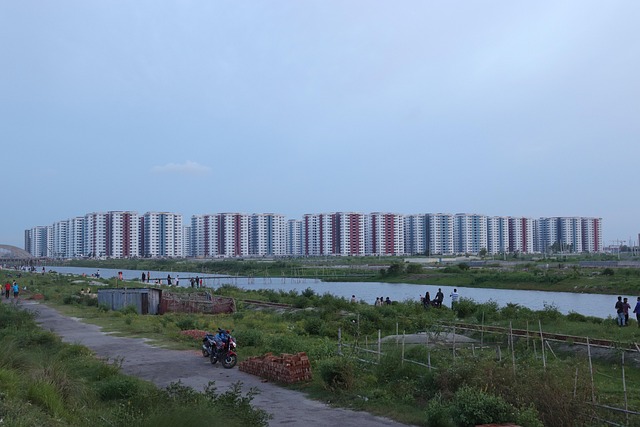
Sher-e-Bangla AK Fazlul Huq
Sher-e-Bangla AK Fazlul Huq – a great statesman, a self-sacrificing patriot, a spokesman of truth and justice and a champion of freedom and liberty.
- Born: 26 October 1873, Saturia in Barisal. He was the only son of Muhammad Wazid and Saidunnissa Khatun.
His father was a reputed civil and criminal lawyer of the Barisal Bar, and his grandfather Kazi Akram Ali, a good Arabic and Persian scholar, was a prominent muktear of Barisal.
- He was the second Muslim in the Indian subcontinent to obtain a law degree (received from University Law College, Kolkata 1897)
He received traditional Islamic teaching at home and achieved triple Honours degree in Chemistry, Mathematics and Physics (1894) from the Presidency College and Masters in Mathematics from the University of Calcutta.
Fazlul Huq started legal practice as an apprentice under Sir asutosh mookerjee who would later encourage him to use his talent politically.
- He was the Founding member of All India Muslim League.
- In 1913, he was selected as a legislative council member. He also served as a secretary of the Bengal Muslim League, where he was leading Bengali Muslims till 1916.
- He was very much in favor of farmers and laborers. He always worked to arrange a better educational system for Muslim students.
In 1916, he became president of the All India Muslim league after Maulana Mohammad Ali Johar.
- In 1916, he played a very vital role in creating a Lucknow pact between the Congress and the Muslim League.
- He became Joint Secretary of the Indian National Congress, serving as General Secretary 1918-1919.
Huq joined the khilafat movement in 1919. He supported the boycott of British goods and titles related to the programme of the non-cooperation movement adopted by the congress in 1920.
But he was opposed to the idea of boycotting of schools and colleges, particularly considering the backward condition of the Muslim community.
- In 1920 Huq brought out a daily paper nabajug along with kazi nazrul islam and muzaffar ahmad.
- He devoted his time to the cause of Muslim education and became a leading figure of the Muslim Educational Conference. In 1924 Huq became the Education Minister for about six months.
Despite the short period of time As Education Minister he had undertaken several measures to create educational infrastructure in the country.
He assisted the deserving Muslim students by creating the Muslim Educational Fund. Huq also made arrangement for reservation of seats for Muslim students in all the Government educational institutions affiliated to the Calcutta University.
- Fazlul Huq founded the Krishak Praja Party (KPP) in 1935 in retaliation with the objectives of the restoration of peasant rights, relieving the peasants of the oppressions of moneylenders and zamindars, and making raiyats proprietors of land by abolishing the zamindari system.
- In 1935, he became a member of the Indian legislative assembly, and in the same year he was also selected as a mayor in Kolkata Corporation, he was the first Muslim mayor in Kolkata.
He won the Bengal election in 1937 by beating the All India Muslim League's representative Khwaja Nazimuddin.
- On April 1, 1937, as the leader of the Huq-League Coalition Party, Fazlul Huq acted as the Chief Minister (also called Premier) of undivided Bengal between 1937 to 1943.
- Fazlul Huq drafted and moved the Lahore Resolution on March 23, 1940. According to that resolution, North-eastern and Eastern parts of India formed sovereign states.
He resigned from the party in December 1941 and became the focal point of attack for Jinnah's Muslim League who accused him of being anti-Islamic.
- After 1942, Huq actually opposed the Two-Nation Theory and tried to mobilize non-Muslim League Muslim leaders against Partition of India.
- After the creation of Pakistan, the government of Pakistan elected him an Advocate in East Pakistan, and in 1956, he was appointed as Governor of East Pakistan.
- He also participated in the Bengali language movement and was also injured due to the police’s lathi charge.
Rumors that Huq had a bitter rivalry with Muhammad Ali Jinnah and Suhrawardy, leading him to decide to retire from active politic in 1961.
- Huq earned wide respect for his personality and leadership ability. Yet, his frequent change of policies has sometimes been viewed as lack of consistency.
- Fazlul Huq died on Friday 27 April 1962 at the age of 89 years and 6 months.
The funeral of this popular leader drew a crowd of over half a million. All educational institutions of Pakistan closed on April 30, to pay tribute to him.
- “Sher-e-Bangla” or the Royal Bengal Tiger was buried in Dhaka. Fazlul Huq, Nazimuddin, and Suharwardy all of them were buried side by side in the ground of Dhaka high court.
Listen and Watch the Story:
More from this author






